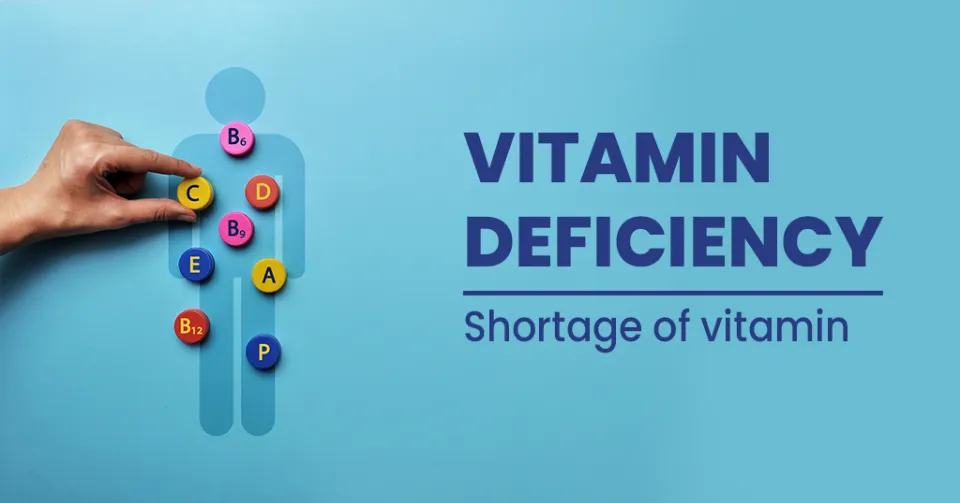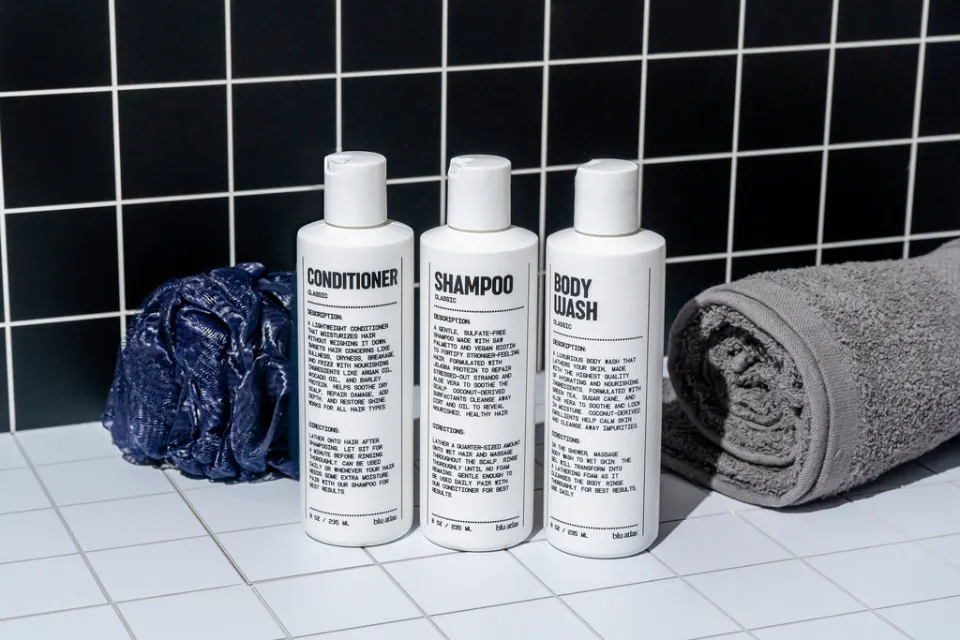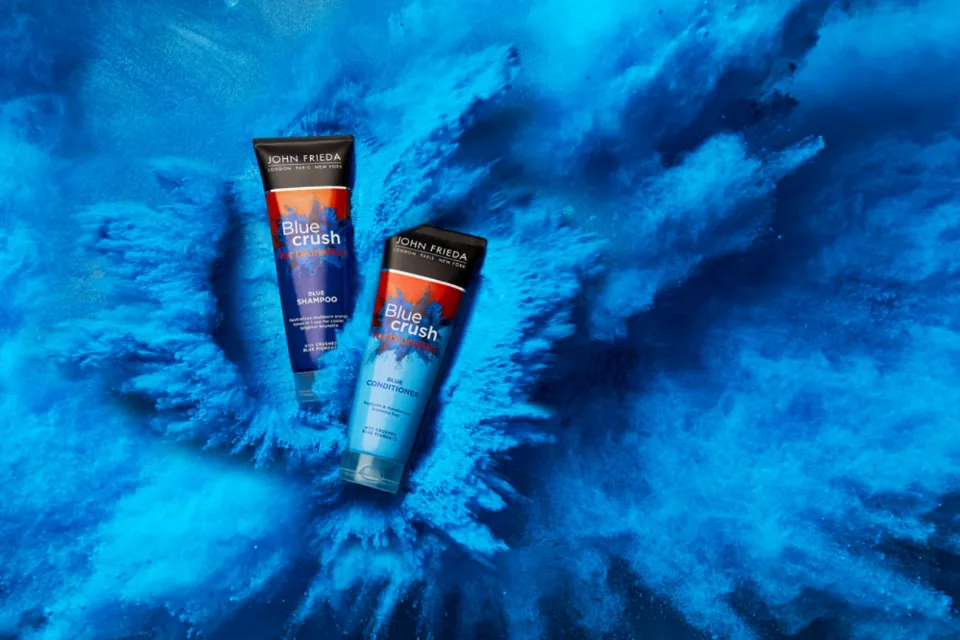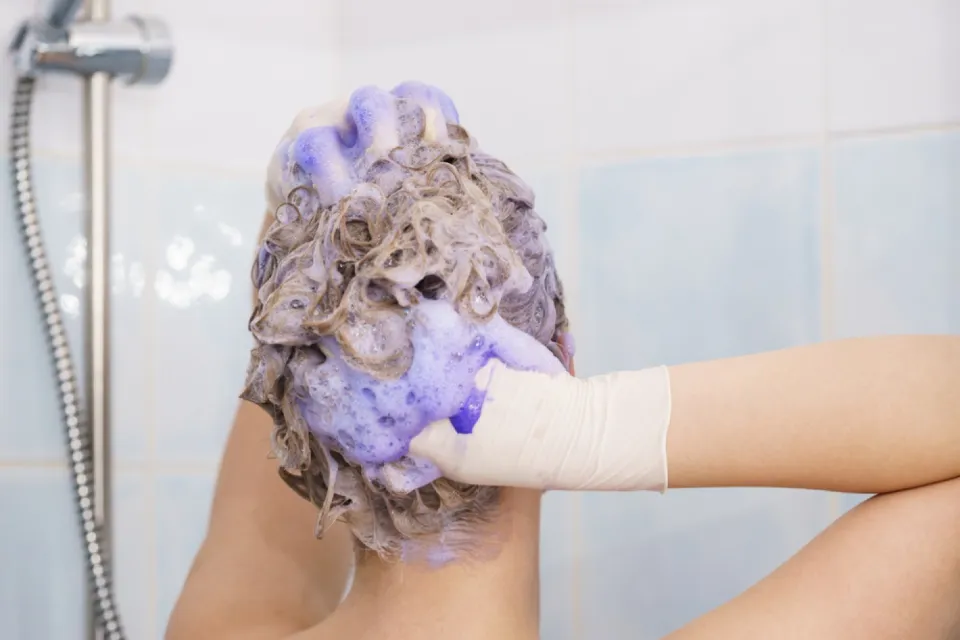Our general health and well-being heavily depend on vitamins. To function at a healthy level, your body requires a wealth of nutrients. Do you know which vitamin deficiency causes hair loss?
Deficiencies in vitamins A, B, C, D, and E, as well as iron and zinc, have been associated with hair loss.
We will examine the connection between vitamin deficiency and hair loss in this article. Continue reading and find out more.
What is a Vitamin Deficiency?
A vitamin deficiency occurs when the body doesn’t get enough of a particular vitamin, either because it’s not present in the diet or because the body can’t absorb it properly.
Vitamins play a crucial role in healthy aging, normal growth, and development. There are numerous varieties of vitamins, and each has a unique set of bodily functions.
You Might Also Like: What Vitamin Deficiency Causes Dry Skin?
Which Vitamin Deficiency Causes Hair Loss?
A vitamin insufficiency may be the culprit for your thinning hair. Want to know which vitamin deficiency results in hair loss?
Here are 15 vitamin deficiencies that could cause thinning hair:
1. Vitamin A
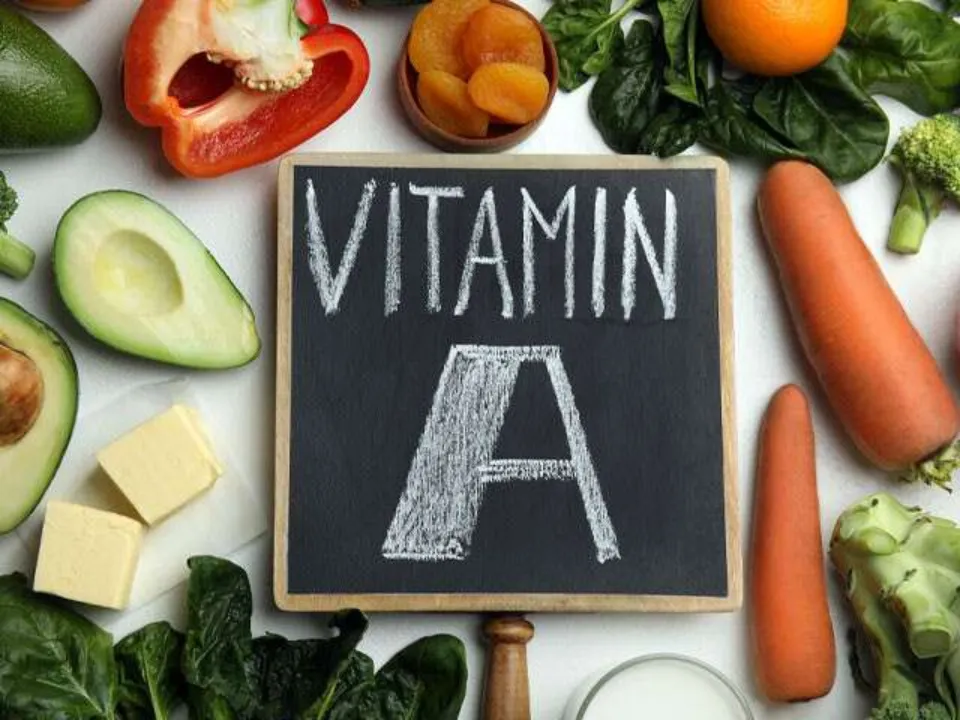
Regarding hair loss, vitamin A has distinct characteristics. The processes of hair cell growth and proliferation are dependent on the immune system’s capacity to safeguard hair follicles.
2. Vitamin B2
Vitamin B2 (riboflavin) is another common hair fall deficiency. This is due to the necessity of this vitamin for a variety of processes, including cell growth, fat metabolism, and energy production.
3. Vitamin B5
Vitamin B5 is necessary for the production of red blood cells, which transport oxygen and nutrients to the hair follicles. A lack of vitamin B5 can cause premature greying, thinning hair, and dry, itchy skin on the scalp.
4. Pyridoxine(vitamin B6)
Vitamin B6 can be used to maintain the levels of androgens and other hormones that regulate hair growth. Thus vitamin B6 is another common hair fall deficiency.
5. Vitamin B7
Lack of biotin, also known as vitamin B7, is another common reason for hair loss. A dry, itchy scalp and brittle hair loss can be brought on by a biotin deficiency.
6. Vitamin B9
Vitamin B9 is also known as folate (natural form) and folic acid (synthetic form). According to research, telogen effluvium and female pattern baldness are both signs of folate deficiency. Vitamin B 9 deficiency is thus another cause of female hair loss.
7. Vitamin B12
Nowadays, hair loss due to B12 deficiency is common. After all, this micronutrient is required for the production of DNA and red blood cells, both of which are crucial for the development of new hair. Thus, when vitamin B12 levels are low, hair follicles fail to grow new hairs.
8. Vitamin C
Vitamin The link between C deficiency and hair loss is unexpected. Though you might assume vitamin C’s antioxidant abilities are to blame, the nutrient’s crucial role in iron absorption in the intestines actually makes the difference.
Low iron levels can slow the growth of your hair and eventually lead to hair loss.
9. Vitamin D
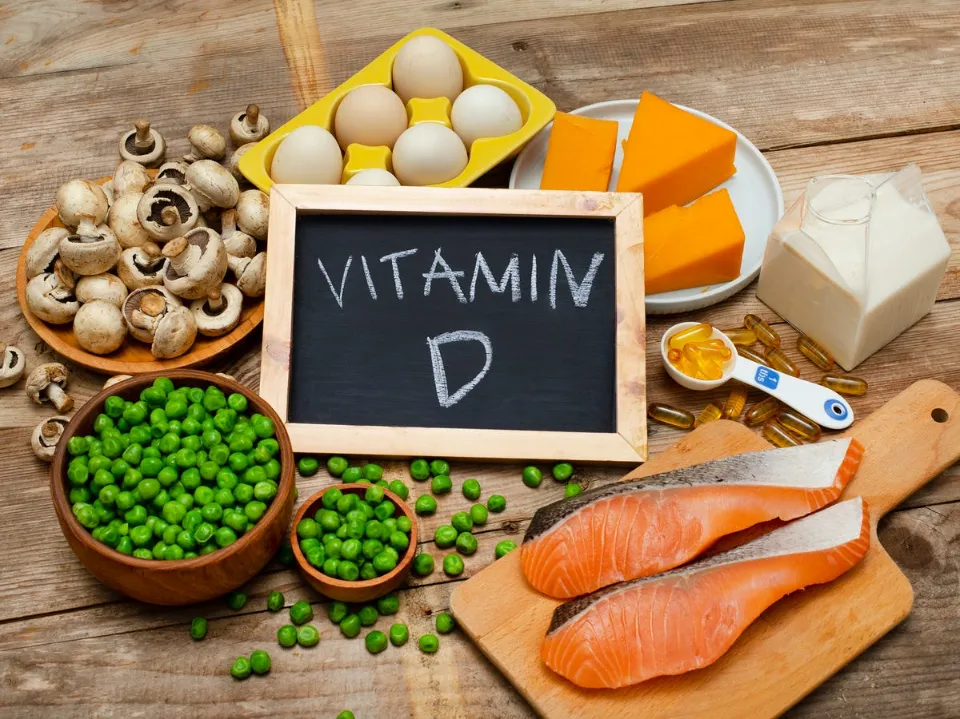
According to scientific research, vitamin D is a critical factor in promoting the growth of your hair follicles. Keratinocytes, the skin cells that degrade keratin, a protein necessary for hair, contain vitamin D. Thus, low vitamin D levels interfere with the growth cycle of hair follicles.
10. Vitamin E
Fat-soluble antioxidant vitamin E is essential. The antioxidant properties of vitamin E, according to the researchers, protect against oxidative stress and free radical damage, which are typical of most types of hair loss.
11. Iron
Iron is the component of hemoglobin, a protein that aids in the delivery of oxygen to all of the cells in your body, including the hair follicles.
According to the study, iron deficiency affects iron-dependent genes in the bulge region of the hair follicle.
12. Zinc
Your body needs zinc, but it is unable to produce enough of it on its own. This means that you’ll need to get your zinc deficiencies treated with an outside supply.
Zinc is important because it’s a mineral deficiency that frequently causes hair loss and is fairly typical in people who have hair loss in general.
Although supplementation is a contentious issue, if you discover that you are lacking in zinc, speak with a healthcare provider about sources of the mineral.
13. Selenium
Selenium has outstanding antioxidant properties that control your metabolism. The production of thyroid hormones, which control hair growth, also requires selenium. Consequently, a selenium deficiency can cause hair loss.
14. Fatty Acids
The fatty acids omega-3 and omega-6 are crucial for promoting hair growth and reducing inflammation. As a result of a fatty acid deficiency, your scalp and brow hair begin to fall out.
15. Magnesium
Magnesium is necessary for over 700 bodily processes, including the development of hair follicles and hair growth. Lack of magnesium can cause premature graying, hair loss, and other problems.
Related Posts:
- Does Alcohol Cause Hair Loss?
- Does Creatine Cause Hair Loss?
- Does Vaping Cause Hair Loss?
- Does Dandruff Cause Hair Loss?
- Does Hard Water Cause Hair Loss?
- Does Head and Shoulders Cause Hair Loss?
Can Too Many Vitamins Cause Hair Loss?
Taking too many vitamins could, in theory, lead to hair loss — but only if you really go overboard with popping vitamins that, when present in high concentrations, can kill hair are found in the Flintstones gummies.
Taking too much of some vitamins can result in hair loss. Selenium and vitamin A have both been implicated as causes of certain types of hair loss, at least in some anecdotal research.
Fortunately, it’s generally true that you’d have to really push yourself to sustain any harm. This could only occur with a significantly unbalanced diet or extremely reckless supplement use; we’re not talking about eating too much kale with meals here.
Deficit may also be much worse for your hair than excess because the issues it can lead to are so diverse.
How to Prevent Hair Loss from Vitamin Deficiency?
Fixing a vitamin deficiency isn’t as simple as downing a bottle of over-the-counter everyday vitamins.
While vitamins and supplements in gummy and pill form have a place in our diets, some research indicates that some vitamins are best absorbed when they are consumed naturally.
There are several strategies for optimizing your intake of pro-hair vitamins we recommend:
Balanced Diet
A balanced diet is the best way to ensure that you are getting all of the vitamins and minerals you need to stay healthy.
You can obtain most of the nutrients you need for survival by eating a diet high in the right kinds of proteins, fruits, vegetables, and whole grains. Wake up if you’ve been dozing off the idea of eating healthier.
Supplements
According to experts, taking supplements can help treat some vitamin deficiencies.
Although there is some debate regarding how exactly a supplement should operate (or how much you should take), they may be an option if you have vitamin deficiencies.
Topical Vitamins and Minerals
Research on vitamins’ efficacy in products like conditioner is limited. The vitamins and minerals in your shampoo, however, may very well give your hair the vitamins it needs if you’re seriously deficient.
Regarding topical remedies, consult your healthcare provider. If they give you the go-ahead, see if you can find a shampoo or another one of the many hair treatments on the market with some vitamin content in the ingredients list.
Also Read: Can Lack of Sleep Cause Hair Loss?
The Bottom Line: Which Vitamin Deficiency Causes Hair Loss
A lack of vitamins can cause health problems, and vitamins can strengthen your immune system and sometimes do specific tasks like encouraging the regrowth of new hair.
Instead of focusing solely on your hair’s strands if you have thin hair, examining your lifestyle more closely and making the necessary adjustments could help you see improvement in the condition of your hair.
Read More: Is Hair Loss Genetic?
FAQs
Can B12 Vitamins Cause Hair Loss?
Your hair follicles might not be able to grow new hair effectively if your vitamin B12 levels are low.
Can Too Much Vitamin C Cause Hair Loss?
You can lose hair if you take too many vitamins and nutritional supplements.
How Much B12 Should I Take for Hair Loss?
The smallest amount that should be detectable in your body is 2.4 mcg.

